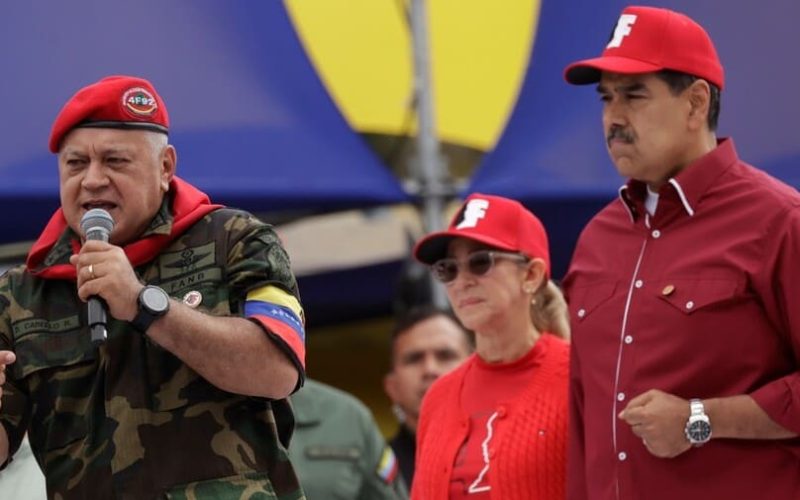The eventual fall of Nicolás Maduro’s regime in Venezuela could have a domino effect on political and social stability in Honduras. Experts consulted emphasize that the consequences of a political shift in the neighboring country would directly affect the LIBRE Party, as well as the dynamics of governance, polarization, and the national economy.
Diminishing strength of the LIBRE Party and its foundational beliefs
The decline of Chavismo in Venezuela is projected to be a determining factor in the future of socialism in Latin America and, by extension, in the LIBRE Party in Honduras. As an ideological ally of the Venezuelan government, LIBRE could experience a decline in popular support, while the opposition would take advantage of the situation to question its continued hold on power. This situation would increase political pressure and open the door to possible internal adjustments in the party’s strategy.
Replication of political mechanisms and risks of polarization
Venezuela’s experience in electoral processes could serve as a reference for LIBRE in its strategies for retaining power. Analysts point out that the adoption of mechanisms that have been perceived as authoritarian or lacking in transparency in Venezuela could intensify political and social tension in Honduras. This dynamic would have direct effects on citizen polarization, institutional stability, and the legitimacy of democratic processes, creating a context of uncertainty for governance.
Influence on the economy, society, and international relations
The shift in Venezuela would also have economic and social repercussions. The migration of Venezuelan citizens to Honduras and the region could gradually decrease, but in the short term, an increase in pressure on public services and in the economic vulnerability of sectors dependent on international cooperation is anticipated. The bilateral relationship with Venezuela, which currently contributes to financial and trade cooperation, could weaken, partially affecting the resources available for social programs and government projects.
Likewise, Honduras’ stance on the changes in Venezuela could generate diplomatic tensions with the United States and other nations, which could lead to international isolation that would limit the country’s economic development options and its ability to manage its international relations strategically.
Situation of significant institutional vulnerability
Experts suggest that a transformation in Venezuela might lead Honduras into a phase of significant political vulnerability. The merging of diminishing party strength, potential emulation of authoritarian tactics, societal pressures, and economic uncertainties offers a challenging scenario for the sustainability of the LIBRE administration. The circumstances call for focus on institutional integrity, governance, and societal unity, alongside readiness for political upheavals and revisions in international relations.
The evaluation indicates that the interplay of internal and external elements will determine the nation’s capacity to uphold stability and predictability in the near and medium future, as the administration and populace confront notable obstacles in a regional environment characterized by substantial political shifts.




